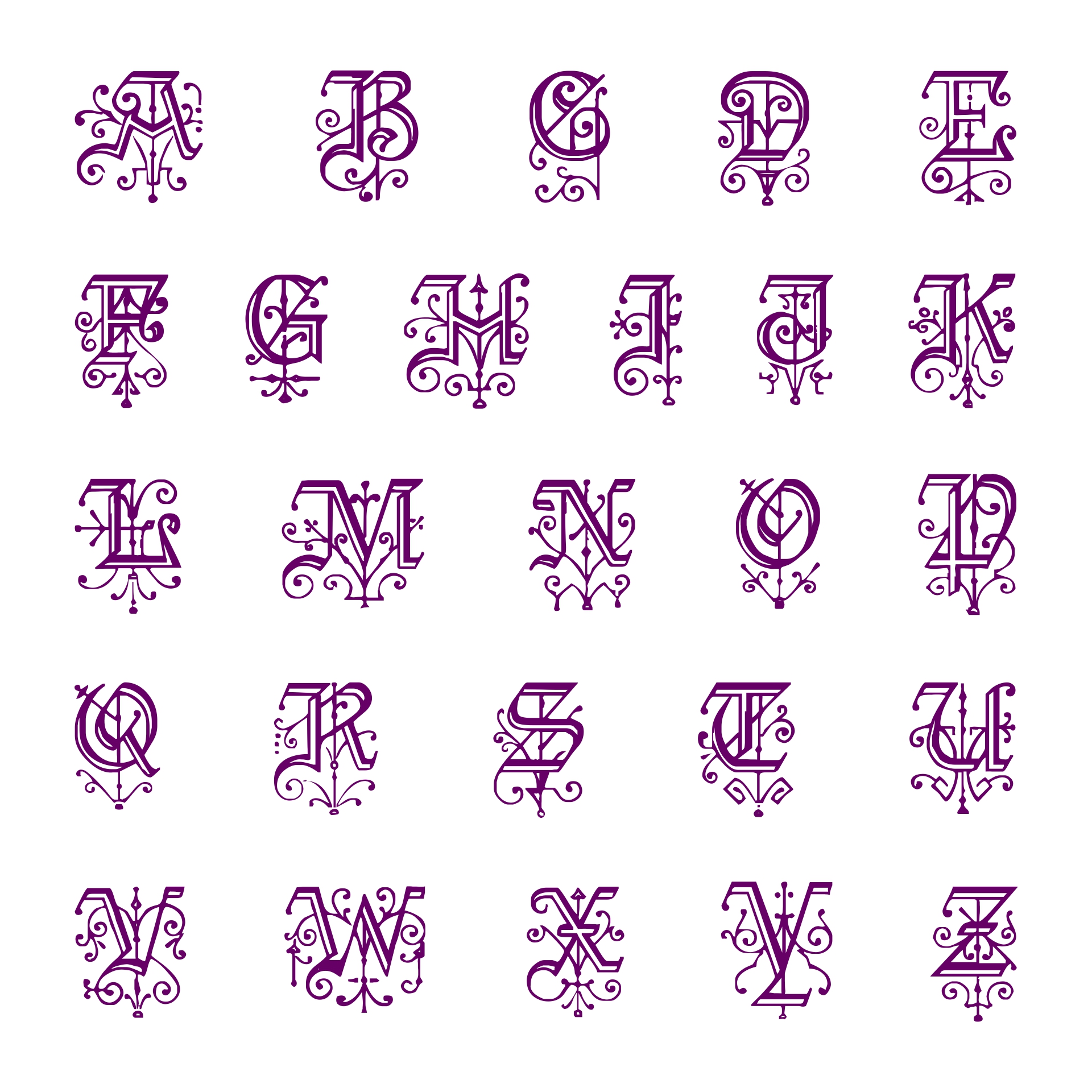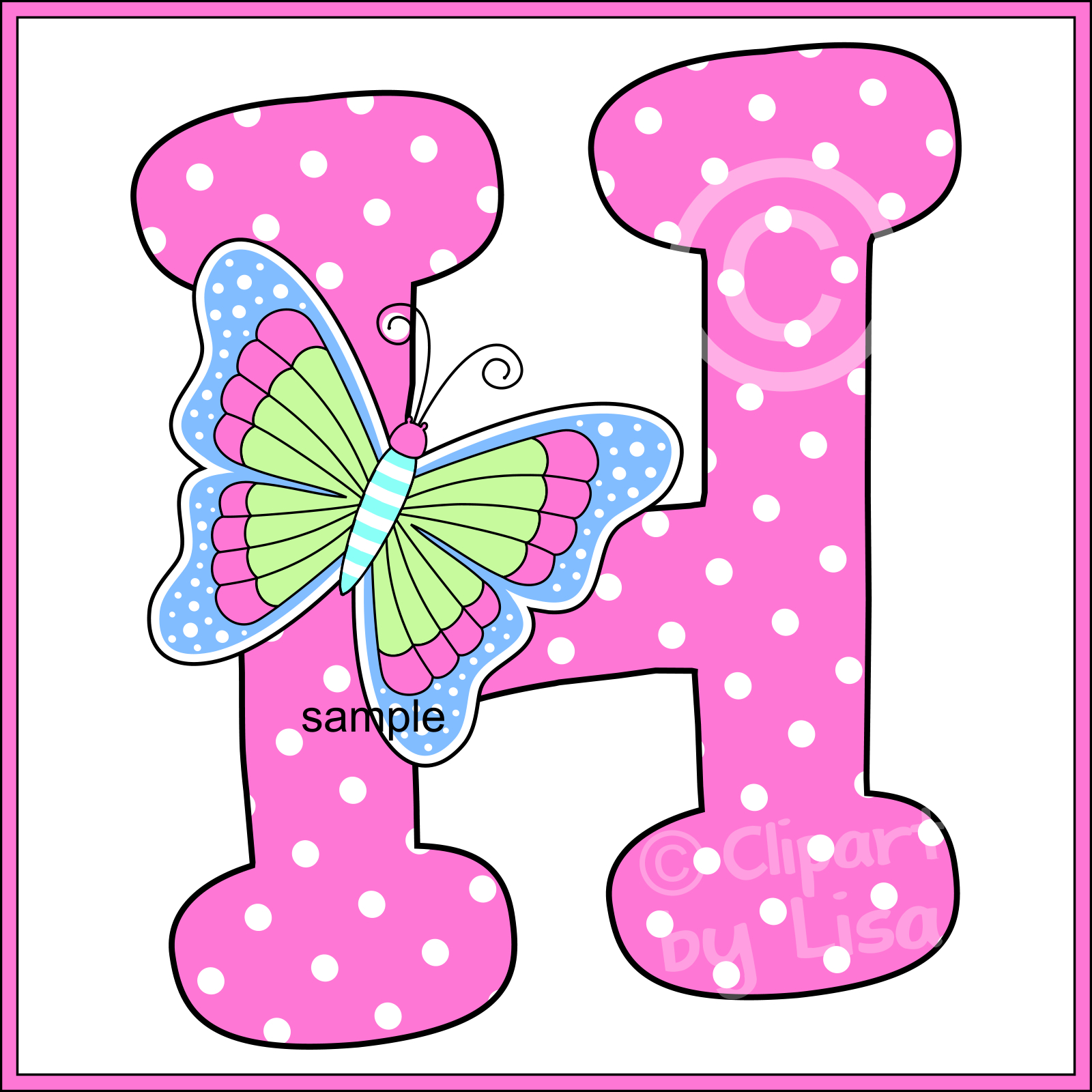

For example: elephant, later, letter, well, sell. To spell the L (/ˈɛl/) sound, you simply use L or LL. K (/ˈkeɪ/) is usually spelled with the letter K or C, as in make, take, kind, basic, and cat. J (/ˈdʒeɪ/) is usually spelled with the letter j, as in jury, adjust, and Jason.
I-E: i in the middle of the word, with e at the end as in kite or bite. For example: Friday, ice, idea, my, sky, or cry. Many words use the long I /(ˈ/ˈaɪ/) sound using the letter i or y. J: Jose (a formal name with Spanish origins). It also has some different spellings as well, such as: H (/ˈeɪtʃ/) is usually spelled with the letter h, as in horror, human, and house. G (/ˈdʒiː/) is usually spelled with the letter g, as in game, go, and garden. For example: he, she, we.į (/ˈɛf/) is usually spelled with the letter f, as in fire, first, and family, but it also has some strange phonetic usages as well. Many words use the long E /(ˈeɪ/) sound using the letter e. For example: candy or cutĭ (/ˈdiː/) has three different spellings. Pronounce the letter “C” as a “K” sound if the letter “C” is followed by the letters “A”, “O”, or “U”. Pronounce the letter “C” as an “S” sound if the letter “C” is followed by the letters “E”, “I”, or “Y”. A-E: a in the middle of the word, with e at the end as in grade or snakeĬ (/ˈsiː/ ) is a tricky letter since it has more than one pronunciation and doesn’t sound as its letter unless you spell it as sea or see. Many words use the long A /(ˈ/ˈiː/) sound using the letter a. Take a look at how you can spell each letter sound out. A typical use of the NATO Phonetic Alphabet would be to spell out each letter in a word over the phone by saying, for example: "S as in Sierra" (or "S for Sierra"), "E as in Echo, Y as in Yankee, F as in Foxtrot, R as in Romeo, I as in India, E as in Echo, D as in Delta" to communicate the spelling of the name "Seyfried" correctly.Letters also have a specific sound associated with them, and not only can you spell them phonetically to sound the same as you pronounce them, but you should also be familiar with the different phonetic spellings of their sound. 
These are used to avoid misunderstanding due to difficult to spell words, different pronunciations or poor line communication. Spelling alphabets, such as the NATO Phonetic Alphabet, consists of a set of words used to stand for alphabetical letters in oral communication.The NATO Phonetic Alphabet is instead a spelling alphabet (also known as telephone alphabet, radio alphabet, word-spelling alphabet, or voice procedure alphabet).


Phonetic alphabets are used to indicate, through symbols or codes, what a speech sound or letter sounds like. Contrary to what its name suggests, the NATO Phonetic Alphabet is not a phonetic alphabet.military and has also been adopted by the FAA (American Federal Aviation Administration), ANSI (American National Standards Institute), and ARRL (American Radio Relay League). Thus this alphabet can be reffered as the ICAO/ITU/NATO Phonetic Alphabet or International Phonetic Alphabet. The NATO (North Atlantic Treaty Organization) Phonetic Alphabet is currently officially denoted as the International Radiotelephony Spelling Alphabet (IRSA) or the ICAO (International Civil Aviation Organization) phonetic alphabet or ITU (International Telecommunication Union) phonetic alphabet.








 0 kommentar(er)
0 kommentar(er)
